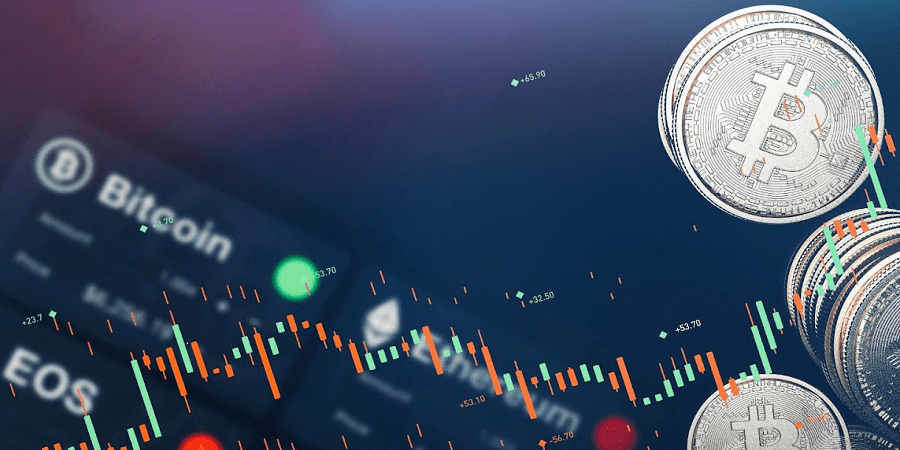
What Determines the Value of Bitcoin?
As the world’s first and most popular cryptocurrency, Bitcoin has seen incredible price volatility since its inception in 2009. Understanding the factors that influence Bitcoin’s exchange rate is vital to grasp the dynamics of the cryptocurrency market.
Unlike traditional fiat currencies, Bitcoin is not backed by a physical commodity or a government’s promise. Its value primarily stems from its scarcity, utility, and market demand.
- Scarcity: Bitcoin’s supply is capped at 21 million coins. The scarcity of Bitcoin is amplified by the halving events that happen approximately every four years, reducing the rate at which new Bitcoins are created.
- Utility: The utility of Bitcoin as a decentralized, peer-to-peer payment system gives it intrinsic value. It allows for transactions without the need for intermediaries like banks or governments.
- Demand: Like any other commodity, the demand for Bitcoin plays a crucial role in determining its value. More adoption by individuals, businesses, and institutions can lead to increased demand, driving up the price.
What Indicators and Variables Affect the Price of Bitcoin?
Several variables and indicators can influence Bitcoin’s exchange rate:
- Market Sentiment: Market sentiment is often influenced by news events. Positive news, like the adoption of Bitcoin by a major corporation, can drive prices up. Conversely, negative news, such as regulatory crackdowns, can lead to price drops.
- Regulatory News and Events: Bitcoin’s price is sensitive to regulatory decisions or changes in law. Favorable regulations can increase Bitcoin’s legitimacy and encourage adoption, thereby pushing prices up. In contrast, strict regulations or bans can decrease demand and lower prices.
- Technological Developments: Improvements to Bitcoin’s network or the development of new use cases can enhance Bitcoin’s utility and increase its demand, thus affecting its price.
- Supply and Demand Dynamics: As mentioned earlier, the limited supply of Bitcoin and its demand in the market directly influence its price.
- Market Manipulation: Given the relative lack of regulations and the nascent state of the cryptocurrency market, it can be susceptible to market manipulation, which can cause significant price swings.

How Valuable is Bitcoin?
The value of Bitcoin can be subjective and varies based on individual perspectives. To some, Bitcoin represents an investment opportunity and a hedge against traditional financial systems. To others, Bitcoin is a currency, a medium of exchange for goods and services. The real-time value of Bitcoin, though, is determined by what buyers are willing to pay for it on exchange platforms. In essence, Bitcoin’s exchange rate is determined by a complex interplay of factors, including its built-in scarcity, utility, and demand, as well as market sentiment, regulatory changes, and even potential market manipulation. Understanding these can help investors navigate the volatile landscape of cryptocurrency trading.
Popular
-
Pasino Online Casino Review
Pasino online casino is a popular gaming platform that offers …

-
Blockchain in Insurance: Automating Payments and Risk Management
Blockchain is one of the most promising technologies of our …

